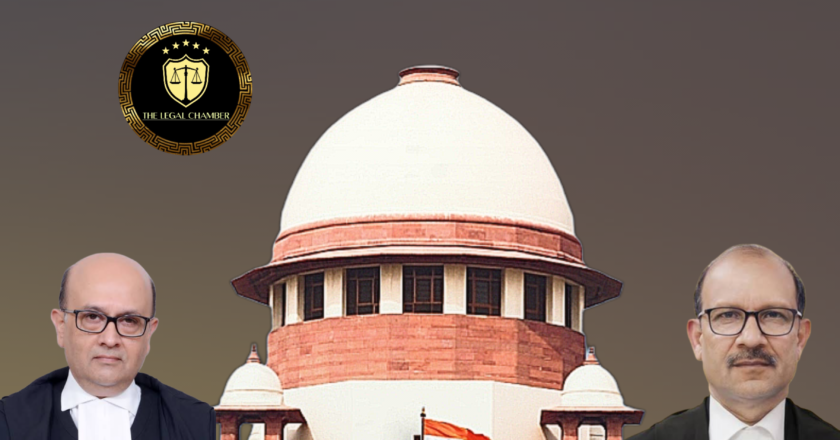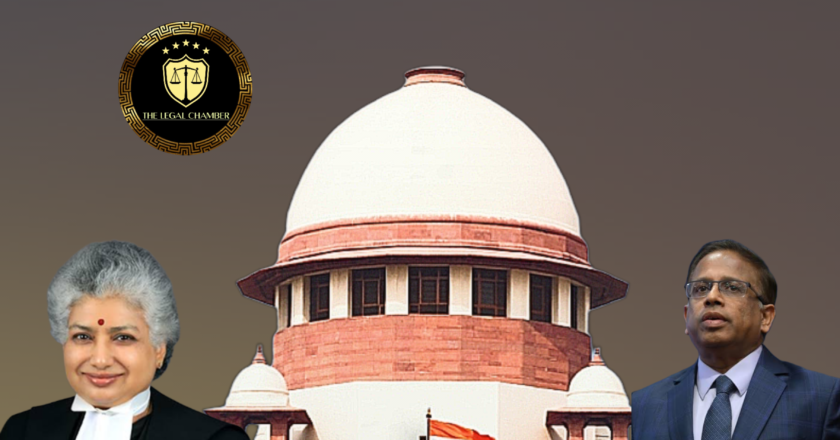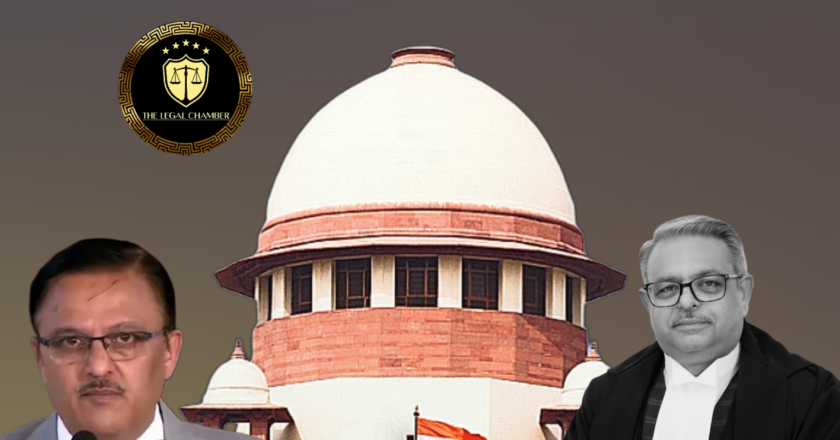Chain of Circumstances Broken: Supreme Court Frees Accused in Landmark Circumstantial Evidence Ruling
This Supreme Court judgment acquits the accused based on the prosecution's failure to establish a complete chain of circumstantial evidence as mandated by Sharad Birdhichand Sarda. The court found the evidence regarding motive, last seen, extra-judicial confessions, and recoveries to be unreliable, contradictory, and insufficient to prove guilt beyond reasonable doubt.
Facts Of The Case:
The case involves the murder of Balwant, whose body was discovered in a waterworks tank in Hisar on December 23, 1997. His father, Har Nath (PW-11), identified the body and filed a complaint, leading to an FIR. The prosecution alleged that the accused—Shanti Devi, her son Rajbir, and Veena—murdered Balwant due to a property dispute, as Shanti Devi was a tenant in his house, and an illicit relatio...


